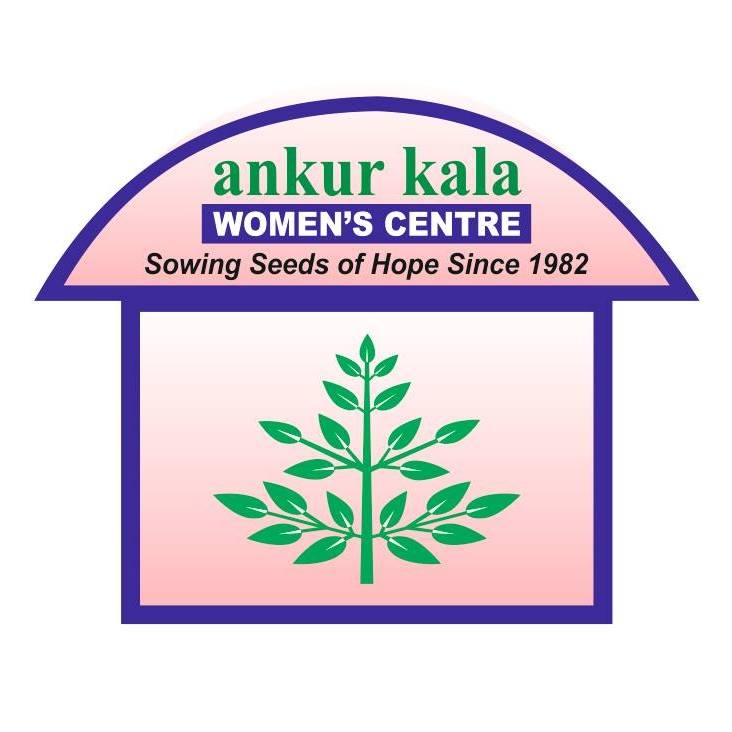About
-
Headquarters
Kolkata, West Bengal
-
Since
1982
Ankur Kala, an organisation that emerged in response to the pressing need to empower marginalized and vulnerable women, began its journey in 1982. Ini Read moretiated by Ms Annie Joseph and a group of women artisans in Howrah, West Bengal, this endeavour aimed to liberate women and children from the cycle of poverty and exploitation that often subjected them to submissive roles and forced labour. While many organisations focused on offering charitable assistance, Ankur Kala took a distinct approach by equipping women with vocational skills, such as Batik handicrafts, tailoring, catering, and more, enabling them to create and sell their crafts in the market. Inspired by figures like Mother Teresa and Brother Roger of Taizé, France, Ankur Kala transformed into a prominent institution in West Bengal, offering vocational and business training to empower women for economic self-reliance.
Cause Area
Programs
-
Women Empowerment & Training Programme
Ankur Kala offers comprehensive training in handicraft and food production to women, fostering economic independence and boosting life skills. The organisation provides a two-year course that covers product creation, literacy, business management, and marketing. Women are trained in crafting food products, handicrafts, catering, and paper goods, with an emphasis on tie-and-dye and batik techniques. Ankur Kala's support extends beyond training, as it aids in product marketing and sales. Graduates are equipped to establish their own production units, work from home, and contribute positively to their communities.
-
Rural Networking Programme
Ankur Kala's Rural Networking Programme addresses the vulnerability of young girls and women in rural West Bengal, combating domestic abuse and the flesh trade by providing vocational training and a marketing framework. In response to trafficking and HIV/AIDS risks among village girl children and teenagers, the organisation initiated pilot programmes for vocational skill training and non-formal education in Lakshmikantapur. Ankur Kala is also exploring avenues to enhance community-based education and skill training, discouraging early marriage and urban migration. Through networking initiatives, the programme extends vocational and marketing training, contributing to sustainable community development encompassing organic farming, health, literacy, and housing initiatives.
-
Social Empowerment Programme
Ankur Kala's commitment to social empowerment extends beyond self-reliance. In response to a pivotal evaluation in 1990, it recognized that economic autonomy alone couldn't fully empower marginalized women. Acknowledging that these women, despite being breadwinners, remained constrained by societal norms, the programme integrated social empowerment training. By imparting functional literacy, leadership skills, social awareness, and gender education, Ankur Kala's training has fostered newfound confidence among trainees. Witnessing the transformation from initial despair to economic self-reliance and further into leaders and agents of social change has highlighted the significance of this comprehensive approach to empowerment.
-
Education Programme
Ankur Kala's empowerment initiative extends to fostering educational opportunities for children. Acknowledging the vital role education plays in breaking the cycle of poverty, the organisation encourages women artisans to enrol their children in school. By providing financial aid for school and tuition fees, as well as essential textbooks and supplies, Ankur Kala alleviates the burden on families. This support not only elevates academic achievements but also instils a sense of pride in mothers, paving the way for numerous success stories. Over the past three decades, many children of Ankur Kala's beneficiaries have graduated with quality education, enabling them to secure promising employment and break free from the chains of intergenerational poverty and exploitation.
-
Universal Spirituality Programme
Ankur Kala goes beyond vocational training, embracing a holistic approach that nurtures the spirit and mind. Through practices like yoga and meditation, women are empowered to embark on a journey of self-discovery and inner peace. Encouraging exposure beyond Kolkata, they learn from successful women in different regions, transcending diverse religions and backgrounds. Spiritual growth is consciously nurtured, fostering strength and a joyful, purposeful life. Daily yoga sessions, brief meditations, and communal prayers set a serene tone. Reading excerpts from scriptures emphasizes selflessness, compassion, and resilience against consumerism's charm. Monthly acts of service for other organisations foster a sense of unity and empathy. A shared monthly meal symbolizes solidarity. These transformative measures shape Ankur Kala's women into resilient and substantial individuals.
Leadership Team
Demographics & Structure
-
No. of Employees
0-5
M&E
-
Internal, External Assessors
No
Policies
-
Ethics and Transparency Policies
No
-
Formal CEO Oversight & Compensation Policy
No
Political & Religious Declarations
-
On Affiliation if any
No
-
On Deployment Bias if any
No
Registration Details
-
Registration ID
S/37771 of 1982-83
-
VO ID / Darpan ID
WB/2017/0166579
-
FCRA
147000012
-
CSR Registration Number
Not Available
Location
Other Details
-
Type & Sub Type
Non-profit
Society

